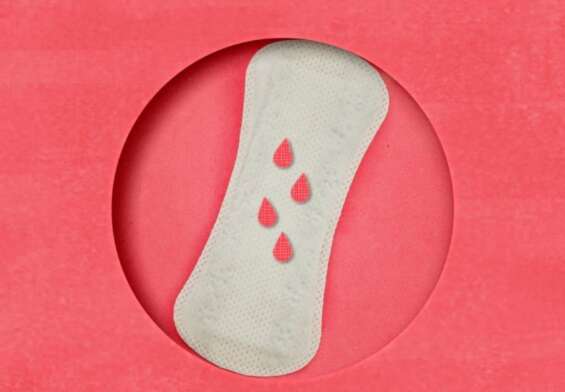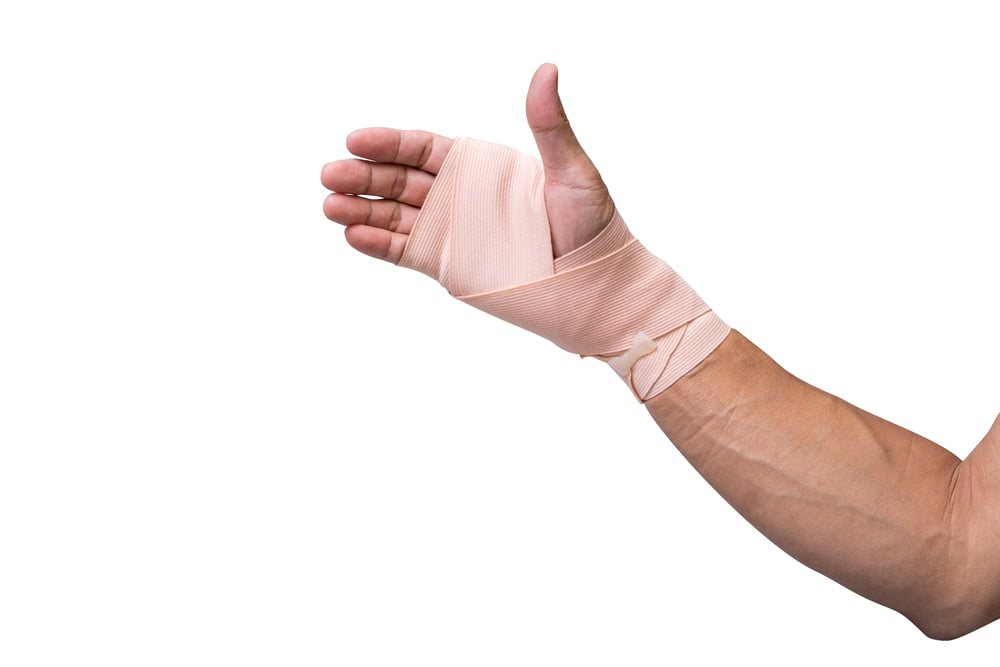
Flying After Dental Implant Surgery: What You Need to Know
Dental implants are a major advancement in the field of dentistry that has revolutionized the way patients can replace missing teeth. While dental implants provide many benefits to patients, there are some risks associated with the surgery, including the potential for infection and nerve damage. Additionally, there have been some questions about the safety of flying after dental implant surgery. This article will explore the potential risks associated with flying after dental implant surgery, as well as offer tips and advice on how to fly safely and reduce the risk of complications.
What to Expect From Flying After Dental Implant Surgery
The recovery period following dental implant surgery can vary from person to person. It is important to understand the risks associated with air travel after the surgery so that you can plan accordingly.
Before you plan a flight, it is important to speak to your dentist and ask whether air travel is safe for you. Generally speaking, it is recommended that you wait for at least two weeks after surgery before you fly. This is because the risk of infection and other complications is higher in the first few weeks following the procedure.
When flying after dental implant surgery, it is important to avoid any activities that might put a strain on the implant site. This includes things like bending down, lifting heavy objects, and eating hard or crunchy foods. Additionally, it is important to stay hydrated, as the air pressure in an airplane cabin can cause dehydration.
You may also want to consider taking over-the-counter pain relievers prior to your flight. This can help to reduce any discomfort caused by the pressure changes in the cabin. Additionally, if your dentist has prescribed antibiotics, it is important to take them as directed.
Finally, it is important to keep your mouth clean both before and after your flight. Brush your teeth twice a day and floss regularly. It is also important to rinse your mouth with an antiseptic mouthwash several times a day.
By following these tips, you can help to ensure a safe and comfortable flight after dental implant surgery.
Tips for Reducing Discomfort When Flying After Dental Implant Surgery
- Schedule your flight at a time that allows for plenty of rest and healing prior to the flight. If possible, wait until after the healing period has ended before flying to ensure your mouth is ready for the air pressure changes.
- Speak to your dentist or oral surgeon before your flight to determine if the healing process has been completed. If there is any doubt, they may suggest that you delay the flight until it is safe.
- Avoid consuming any alcoholic beverages before a flight, as drinking can cause dehydration and further discomfort.
- Stay hydrated by drinking plenty of fluids prior to the flight.
- Bring along a pain reliever such as ibuprofen to help reduce discomfort during the flight. Make sure to check with your doctor before taking any medications.
- Ask the flight attendant for an extra pillow to help support your head and neck in the seat.
- If you experience discomfort during the flight, try using a warm compress on the area to help reduce inflammation.
- Avoid eating hard or crunchy foods on the plane, as this can cause discomfort to your implant site.
- Once you arrive at your destination, follow your dentist’s instructions for proper post-surgery care.
How to Prepare for Flying After Dental Implant Surgery
If you are flying after having dental implant surgery, it is important to take special precautions to ensure that the pressure changes in the air do not cause any complications. The following steps can help you prepare for flying after dental implant surgery:
Speak to your dentist: Before you book your flight, it is important to speak to your dentist to make sure that it is safe for you to fly. Depending on the type of surgery you had, your dentist may suggest that you wait for a certain amount of time before flying.
Take medication: Your dentist may prescribe medication for you to take before and during your flight. This can help reduce any pain or discomfort caused by pressure changes in the air.
Wear comfortable clothing: Make sure to wear comfortable clothing with plenty of layers so that you can adjust to any changes in temperature.
Bring a pillow: Bring a pillow to help support your neck while you are sitting in your seat. This can help minimize any discomfort caused by the pressure changes in the air.
Bring a water bottle: Staying hydrated is important after dental implant surgery, as it helps keep your mouth clean and prevents infections. Bring a water bottle with you so that you can stay hydrated during your flight.
Following these steps can help make your flight after dental implant surgery more comfortable and prevent any complications. Be sure to speak to your dentist before booking your flight in order to make sure that it is safe for you to fly.
What to Pack for Flying After Dental Implant Surgery
When traveling by air after dental implant surgery, it is important to be prepared and pack appropriately. Packing the right items can help ensure a comfortable and safe flight. Here is a list of items to pack for a flight following dental implant surgery:
- A letter from your dentist describing the type of dental surgery you have had and any restrictions you may have.
- An adequate amount of medications is needed for the duration of the trip, including any painkillers prescribed by your dentist.
- A travel-sized first aid kit containing items such as bandages, antiseptic wipes, and antibiotic ointment.
- A bottle of water or other beverage of your choice.
- A few snacks in case you get hungry during the flight.
- A neck pillow or other cushion to help you stay comfortable.
- A few small items to keep you entertained, such as a book, magazine, or tablet.
- Sunglasses protect your eyes from the sun and glare of the plane.
- A warm blanket or wrap in case the temperature inside the plane is cold.
- A face mask helps protect yourself from germs and reduce the risk of infection.
By packing all of these items, you can ensure a comfortable and safe flight after dental implant surgery. Be sure to follow all of your dentist’s instructions and take any medications as prescribed to ensure a smooth and successful recovery.
What Medications to Take When Flying After Dental Implant Surgery
When traveling by air after dental implant surgery, it is important to take the proper medication to ensure a safe and comfortable trip. Your dentist and doctor should provide you with specific instructions for taking medications prior to and during your flight. However, in general, it is usually recommended to take an antibiotic prior to traveling to reduce the risk of infection, as well as a pain reliever to reduce discomfort. It may also be helpful to take a motion sickness medication or anti-anxiety medication to help manage any feelings of nausea or anxiety during the flight.
It is important to speak with your healthcare provider before taking any medications while traveling. This is especially true if you have any pre-existing conditions or are taking any other medications. It is also important to make sure that you have the proper documentation for any medications you are taking, as some countries have restrictions on which medications can be taken into the country.
In addition to taking the necessary medications, it is also important to take precautions to ensure a safe and comfortable flight experience. For example, it is recommended to wear loose-fitting clothing and to avoid sitting in an aisle seat. Additionally, it is important to stay properly hydrated and to get up and walk around periodically throughout the flight.
Taking the proper medications and following the necessary precautions can help ensure a safe and comfortable flight experience after dental implant surgery. However, if you experience any pain or discomfort during the flight, you should speak with a flight attendant or your doctor immediately.
Q&A
Can I fly soon after my dental implant surgery?
No, it is not recommended to fly soon after dental implant surgery. You should wait at least three weeks after the surgery before flying to allow your body to heal properly.
Are there any risks associated with flying after dental implant surgery?
Yes, there are some risks associated with flying after dental implant surgery. These include increased pain and swelling, increased risk of infection, and increased risk of scarring or damage to the implant site.
How can I reduce the risks of flying after dental implant surgery?
You can reduce the risks of flying after dental implant surgery by waiting at least three weeks before flying and consulting with your doctor about any special instructions or precautions that you should take before flying. You should also make sure to stay hydrated and take any medications as prescribed by your doctor.
How long should I wait before flying after dental implant surgery?
You should wait at least three weeks before flying after dental implant surgery. This will allow your body to heal properly and reduce the risks associated with flying.
Can I take medication before flying after dental implant surgery?
Yes, you can take medication before flying after dental implant surgery. However, it is important to consult with your doctor about any medications that you should take and follow the instructions provided by your doctor.
Conclusion
In conclusion, flying after dental implant surgery is generally safe, as long as you plan ahead and take the necessary precautions. It is important to consult with your dentist before flying and to make sure you have enough medication and supplies to last the entire flight. If you experience any discomfort or pain during the flight, it is important to take the necessary steps to alleviate it. With the proper preparation and care, flying after dental implant surgery can be a safe and enjoyable experience.











